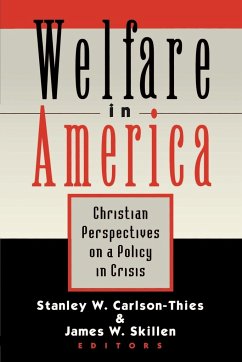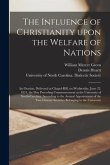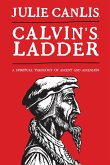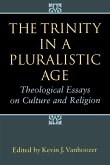Should welfare be abolished because it fosters dependency, or should it be expanded to offer more effective help? Are people poor due to their own irresponsibility or as a result of social injustice? Is the key welfare problem non-work or illegitimacy? Should government help the poor, or is aid a job for the church? Such polarized questions have hampered the quest for constructive welfare reform and have left Christians criticizing each other as mere advocates of a bogus compassion or of a "tough love" that actually lacks love. This book moves beyond such polarities by developing a fuller biblical understanding of personhood, the multiple institutions of society, and the limited yet constructive responsibilities of government. It argues that assistance should aim to restore people and institutions to their diverse responsibilities in a healthy society. For shalom to replace poverty and social decay, families, churches, schools, government, and other institutions must each fulfill its own responsibilities. The topics range from family dysfunction to global economic restructuring, from constitutional disputes about government support for faith-based charities to social science's confusion about causation, and from welfare program changes to policy initiatives to revitalize civil society.
Hinweis: Dieser Artikel kann nur an eine deutsche Lieferadresse ausgeliefert werden.
Hinweis: Dieser Artikel kann nur an eine deutsche Lieferadresse ausgeliefert werden.









